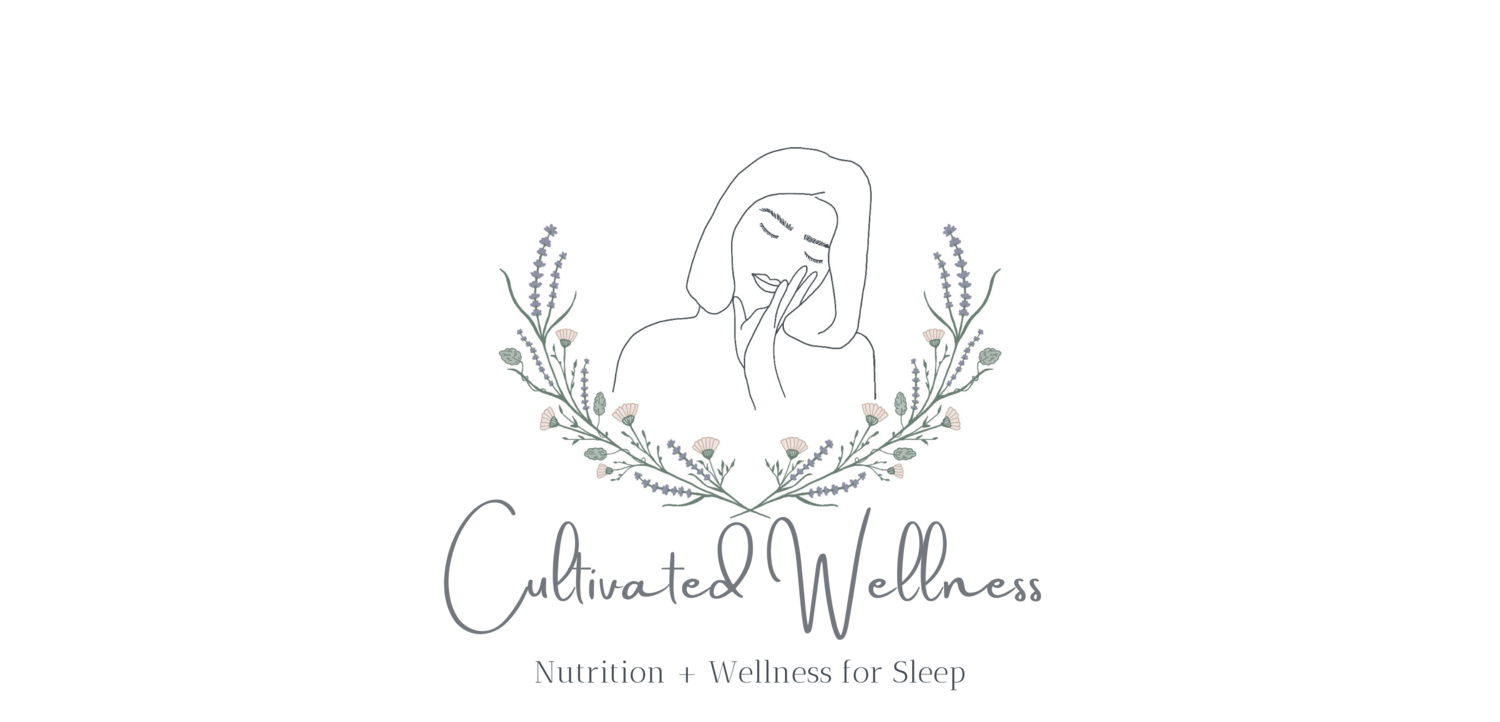In a study done in 2011, patients found a significant improvement in obstructive sleep apnea while being dosed with NAC (N-acetyl-cysteine). So what the heck does this have to do with food allergies?! One of the capabilities of NAC is to break up mucus, as well as decrease swelling in the respiratory system. And since I always like to look at root cause, I had to ask myself, “Where is the swelling/mucous/inflammation coming from?”. A dominant symptom of food sensitivities is a runny nose, as well as sore throat, throat clearing, and cough in the absence of a cold or illness. Well, here is a good sign of root cause! This won’t be the only root cause of sleep apnea for every single person, but it’s a great place to start.
There are multiple ways of determining food sensitivities. The gold standard is still an elimination diet, where you remove certain foods for 4 weeks, and then reintroduce one at a time to assess symptoms. This works great for some people and for others, not so much. Often for those that have a history of disordered eating, it can off-putting. There are many ways to utilize this tool without needing to eliminate whole food groups or large amounts of food. This is definitely where having a practitioner comes in handy to develop a plan that works for you as an individual.
So, while NAC is helpful as a bridge therapy while we’re working on removing the root cause, it’s definitely not meant to be a long-term supplement. Especially if your sole purpose is to eliminate those cold like symptoms that may be contributing to sleep quality or sleep apnea.
Have more questions about your sleep? Book a discovery session here
Looking for a list of the Top 9 Food Allergens? Get that here



